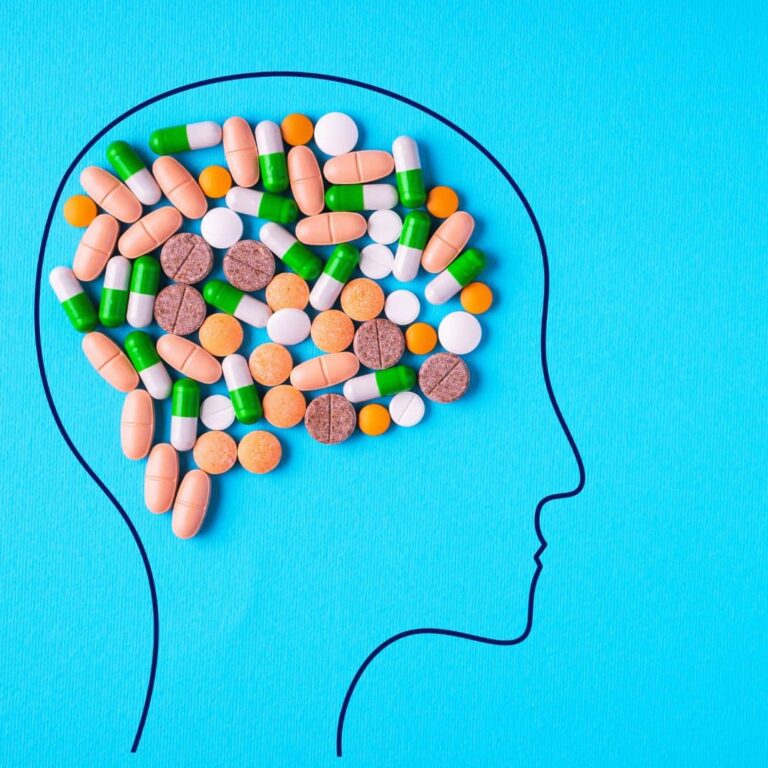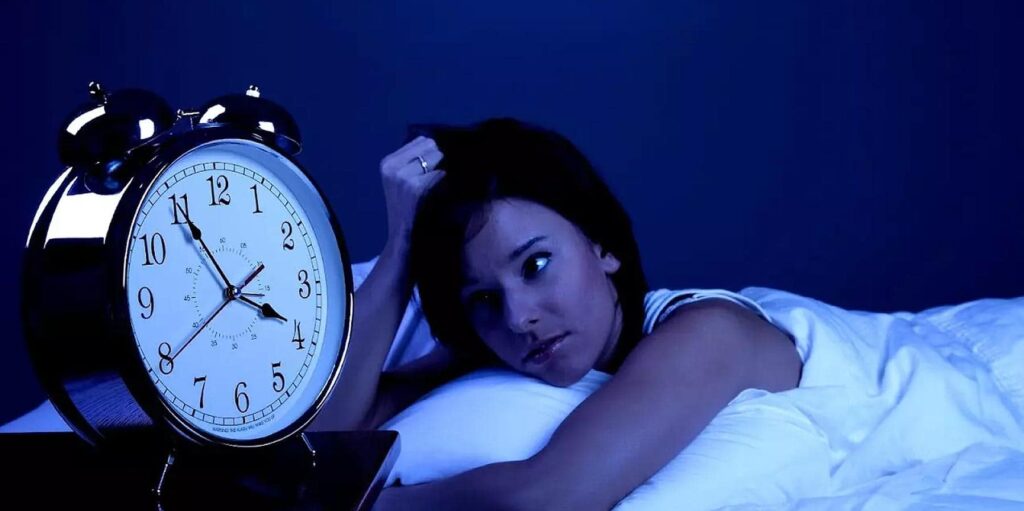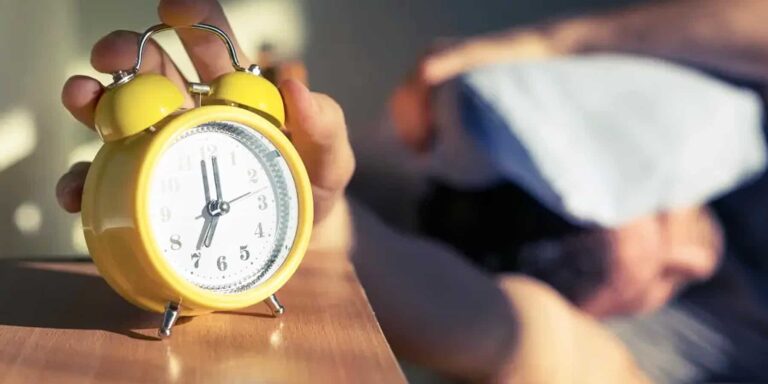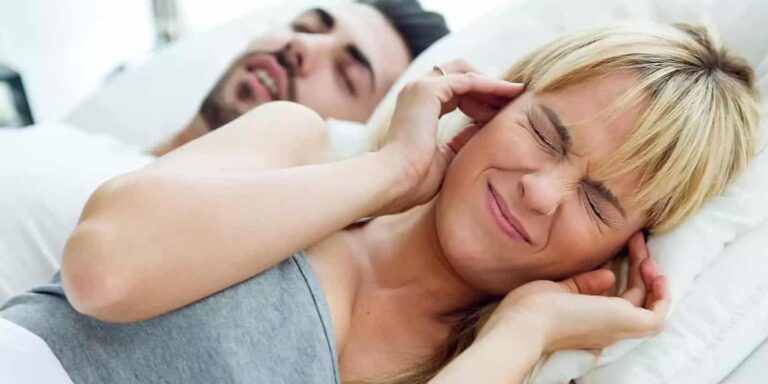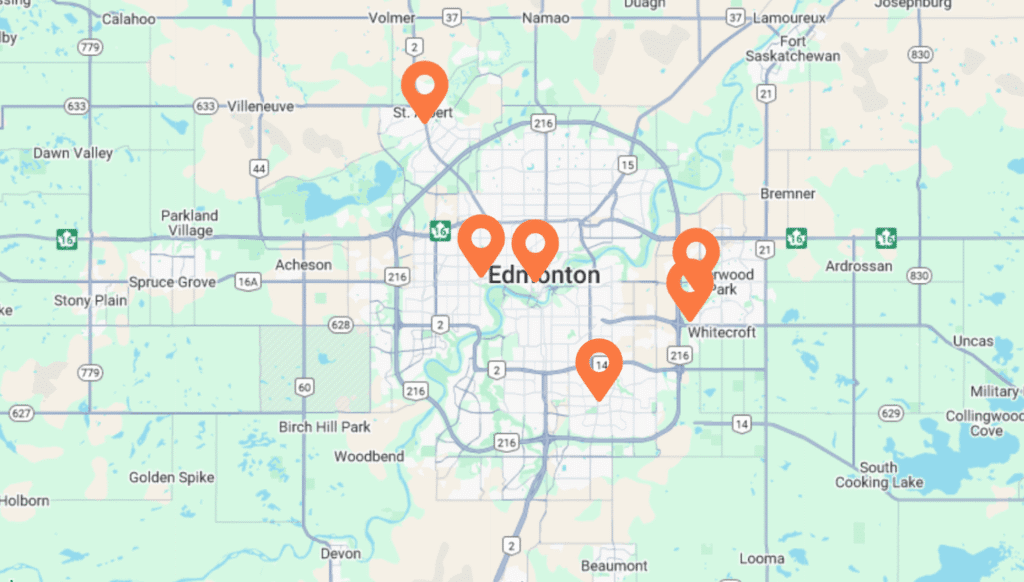You’ve spent the past few nights staring at the ceiling, thinking about your grocery list, lining up your tasks for the next day, the rest of the week, or obsessing about your problem of the day — but what you want to be doing is sleeping soundly. You’re in the pharmacy and notice a plethora of over-the-counter options, and you’re tempted. Will taking one help you get that deep slumber you crave?
Before you reach for that bottle, you should reconsider.
As far back as 2017, The American Academy of Sleep Medicine (AASM) officially recommended against treating chronic insomnia with common over-the-counter analgesic sleep aids and herbal and nutritional substances, such as valerian and melatonin, because there is not enough evidence that they are effective or safe.
These risks include short-term problems such as daytime sleepiness, grogginess, and subsequent spills and falls. Most sleep aids fall into a category of drugs known as anticholinergics, which have been linked to dementia and Alzheimer’s disease among heavy and long-term users. They truly are meant for occasional short-term use. If you need to take it regularly, check with your doctor for more appropriate options for more prolonged use.
A popular nighttime option
You might not realize that sleep experts discourage the use of sleep aids when walking through the drugstore, where the shelves are typically stocked with various brands.
35% of Canadians have trouble falling asleep or staying asleep, and that has many of them reaching for a nonprescription sleep aid in any given month. The wide variety of brands can be deceiving. Look closer; they are all the same ingredient repackaged with a slightly different marketing message. Most sleep aids are antihistamines, which are also commonly used in allergy medications, and people are essentially taking Benadryl (diphenhydramine).
Antihistamines are used in sleep aids because they affect what’s known as a histamine receptor in your body, which plays a role in wakefulness. This is why taking an older-generation antihistamine can make you feel sleepy. But while a pill can induce that tired feeling right before bed, it can linger in your system and cause a groggy, hung-over feeling the following day.
While some people feel that these over-the-counter products help them get a better night’s sleep, there is limited research on their effectiveness. Few reports indicate that sleep quality improvements are minimal.
Natural sleep aids
Antihistamine-based products may be the most common type of commercial sleep aid, but natural remedies such as melatonin are also popular. Unfortunately, melatonin is generally not very effective in helping to treat chronic insomnia. Some find it helpful to help shift their body’s natural clock if they are jet-lagged or if disturbances in their circadian rhythm are causing their sleep disturbances (shift work). But people who take melatonin on their own often take it incorrectly, minimizing any potential benefits it could produce.
Melatonin is a hormone that should not be taken lightly, and one needs to consider the purity of melatonin products. Especially with the availability of products on the internet, supplements are regulated in different ways than prescription drugs are. Health Canada does not monitor manufacturing practices, and contaminants have been found in various supplements on the market. In Canada, you can get some assurance regarding quality by looking for packages that display an NPN number.
So, while a tablet may seem like a quick fix, there are safer, more effective strategies that you could incorporate into your routine.
Types and causes of insomnia
There are varying types and degrees of sleep problems, which may respond to different treatments. Insomnia is a common complaint, particularly among older adults, with as many as 35% of adults reporting episodes of insomnia. Many people experience periods of short-term insomnia that lasts for less than three months, and 10% have chronic insomnia, which is defined as having difficulty sleeping at least three times a week lasting for more than three months, according to the AASM. Some sleep problems may be related to hormonal changes or other health conditions.
Women report higher rates of insomnia (55% of adults), especially around menopause when they develop hot flashes and night sweats, affecting their sleep quality.
Sleep apnea can also be a culprit, a sleep disorder where breathing is interrupted repeatedly during sleep. Characterized by loud snoring and episodes of stop breathing. It is estimated that A 10% increase in body weight raises the risk of sleep apnea by six times.
Don’t assume that sleep problems are a normal part of the aging process; instead, they’re treatable problems.
Improving sleep without drugs
One promising option is cognitive behavioural therapy (CBT). It is as effective as medications and may work for longer, but it requires more effort and commitment than simply taking a pill.
CBT is typically administered in a four to 10-week program that helps you make lasting changes to your sleep habits (that may seem counterintuitive) and improve your “sleep hygiene.” This might include, for example, limiting the time you spend in bed — thus training you to avoid being in bed unless you are sleeping. The strategy is simple in theory but very hard to carry out for most people.
Good sleep habits include the following:
Go to bed and wake up at the same time each day.
Avoid electronic devices at least two hours before bed, even with adjusted blue light.
Sleep in a quiet, dark, cool space.
Avoid caffeine late in the day; this could include black tea for some people.
Get regular exercise. While some experts advise exercising in the morning, there’s no clear evidence that the time of day you exercise matters when it comes to sleep quality.
Avoid alcohol before bed. Alcohol may help you fall asleep faster, but it generally results in more fragmented sleep, and sleep quality in people who are alcohol users tends to be worse.
In addition, detecting and addressing underlying health issues can help solve sleep problems. These include sleep apnea, depression, and movement disorders, such as restless legs syndrome.
However, if these strategies don’t help, and your insomnia frequently interferes with daily activities, it’s time to visit your doctor.
